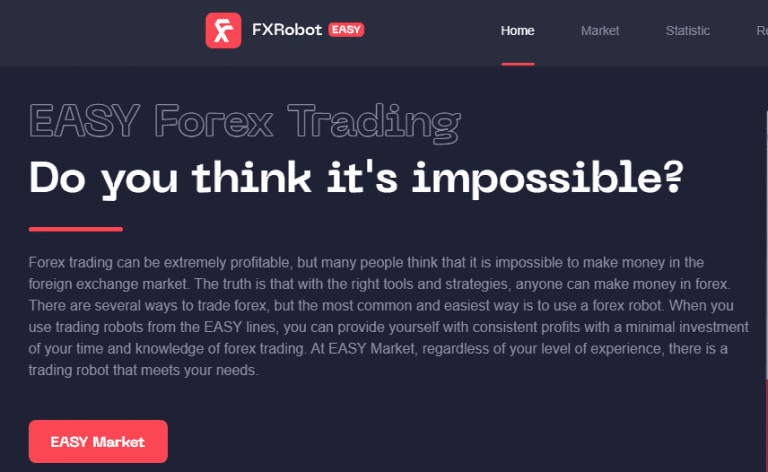Stakeholder Capitalism: Analyzing Benefits of Forex Trading
Stakeholder capitalism is an economic model that focuses on creating value for all stakeholders, rather than focusing solely on shareholders. It seeks to balance relationships among all stakeholders in order to create sustainable value for a company’s long-term success. Stakeholder capitalism emphasizes collaboration among stakeholders, and attempts to create a more equitable and just wealth distribution, rather than focusing on short-term profit motivations. Additionally, this model seeks to benefit consumers and the broader community. Stakeholder capitalism provides an alternative to traditional capitalist models, and is championed by many leaders in business and finance.










